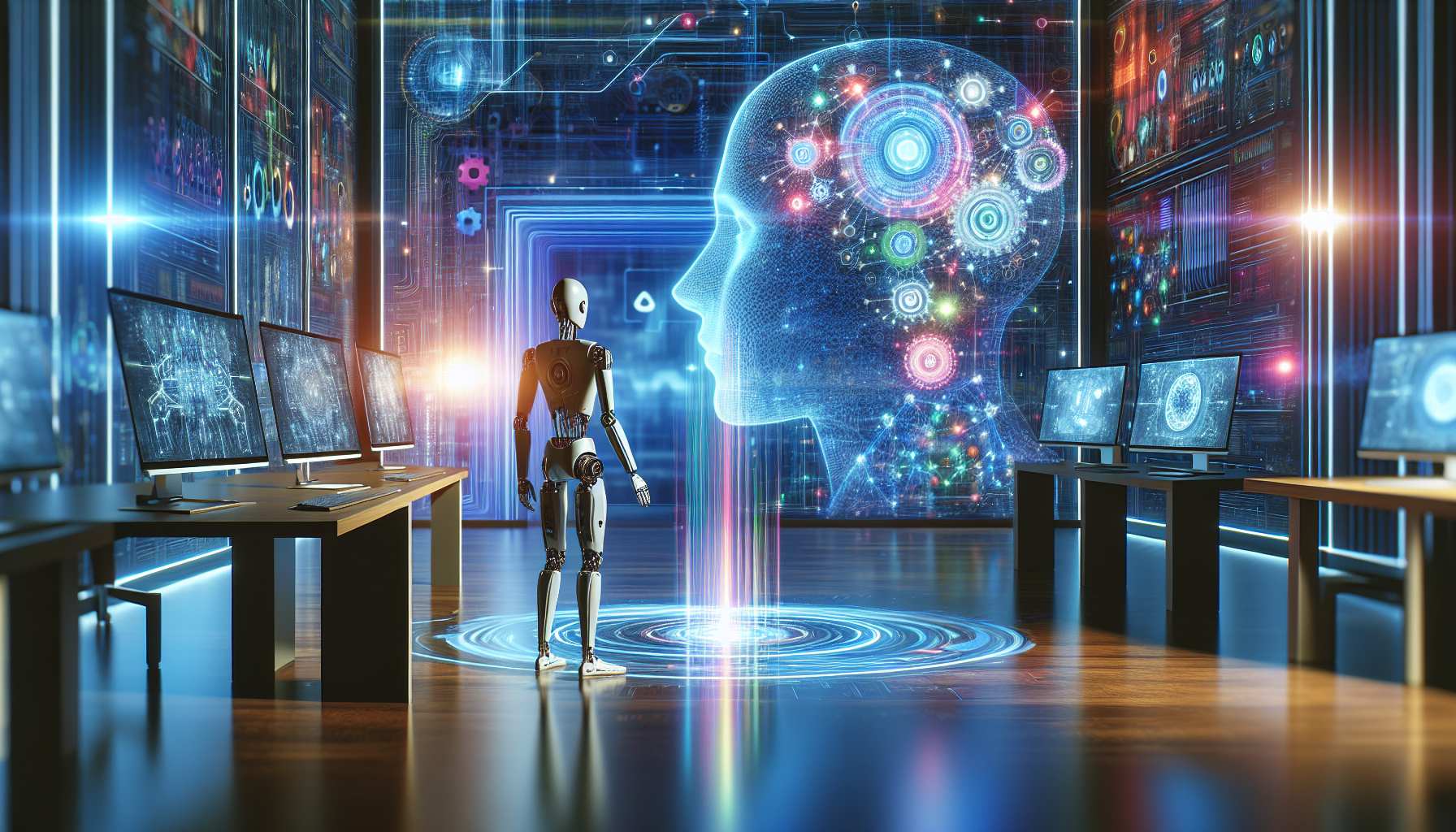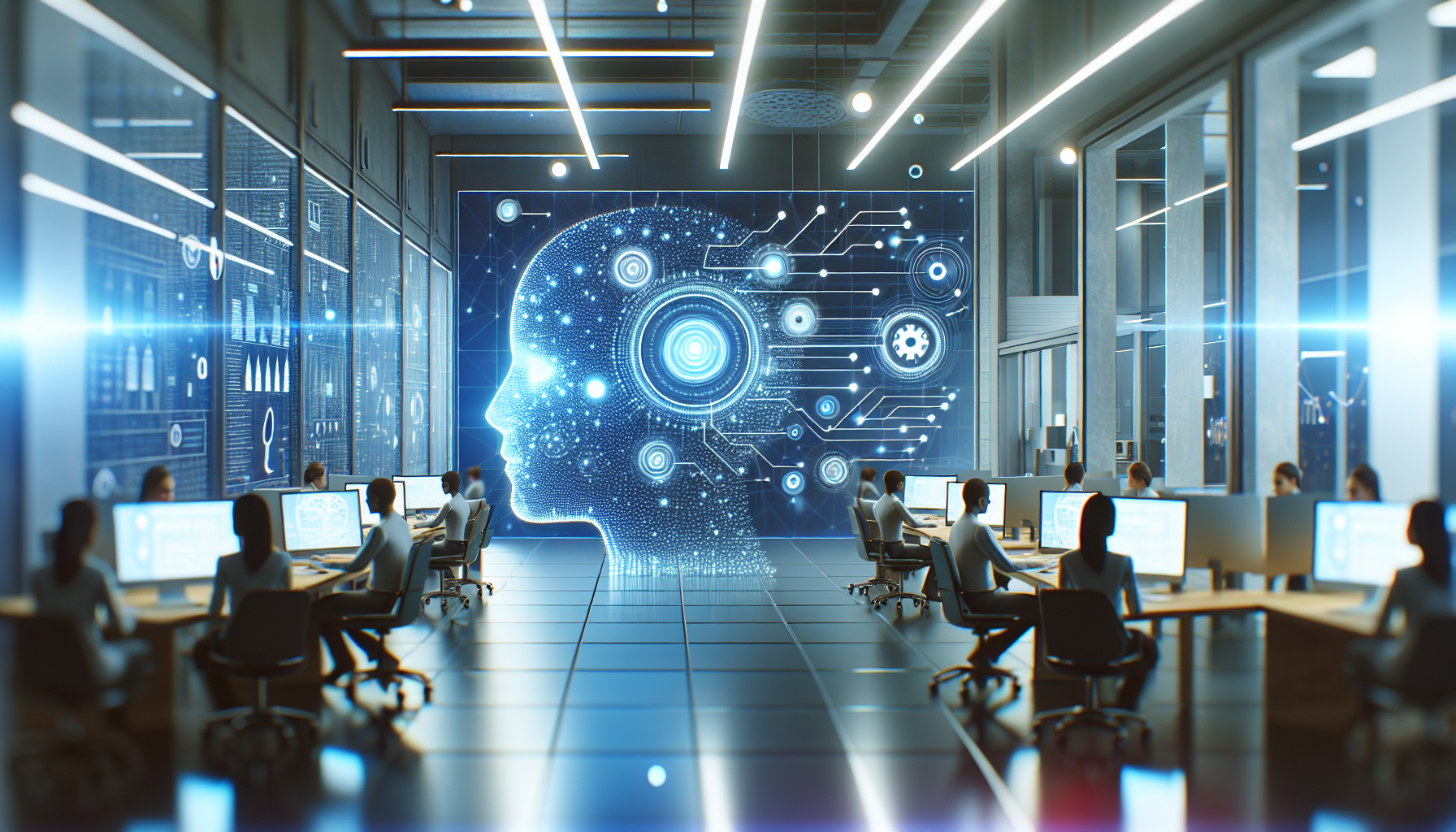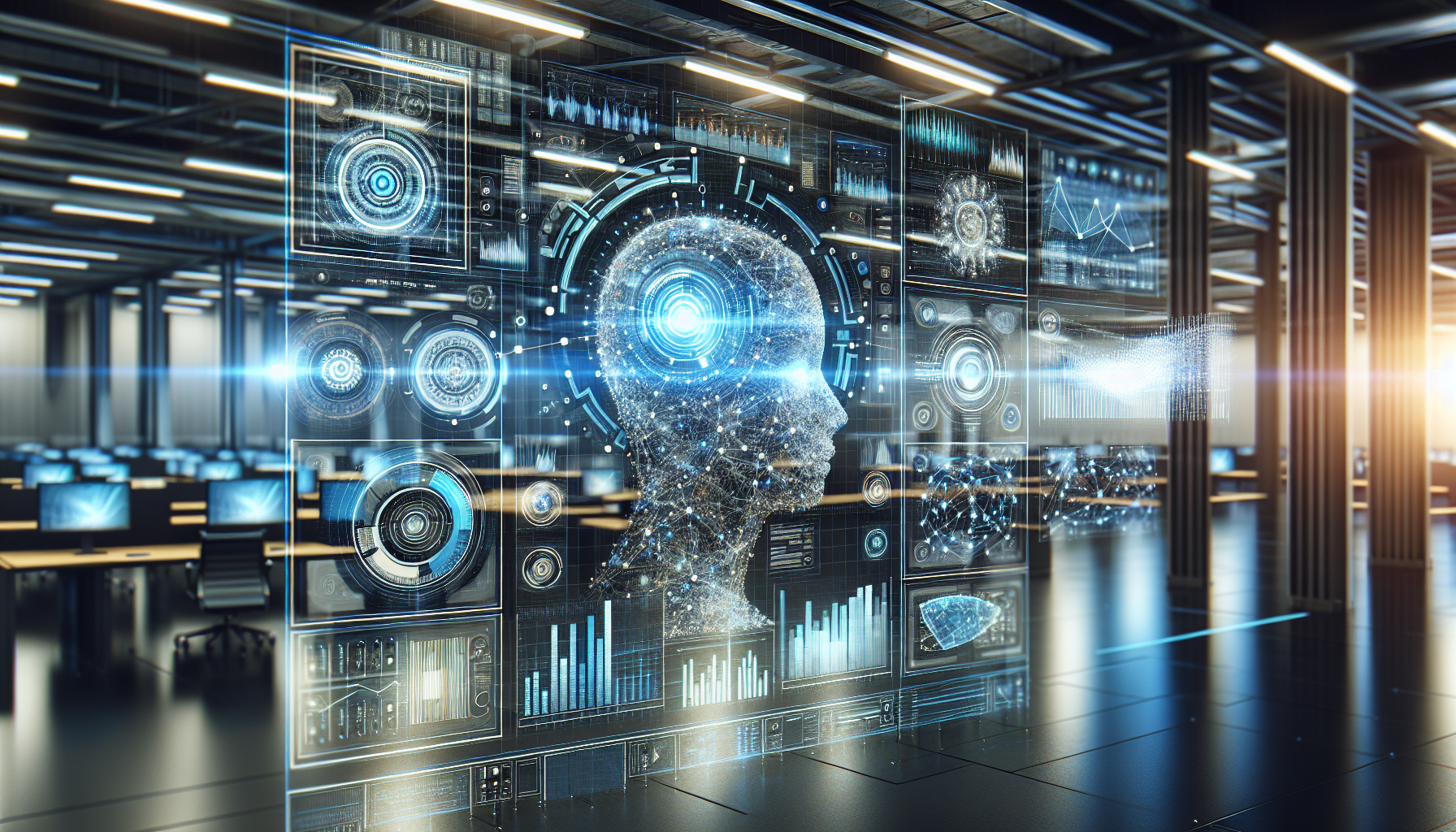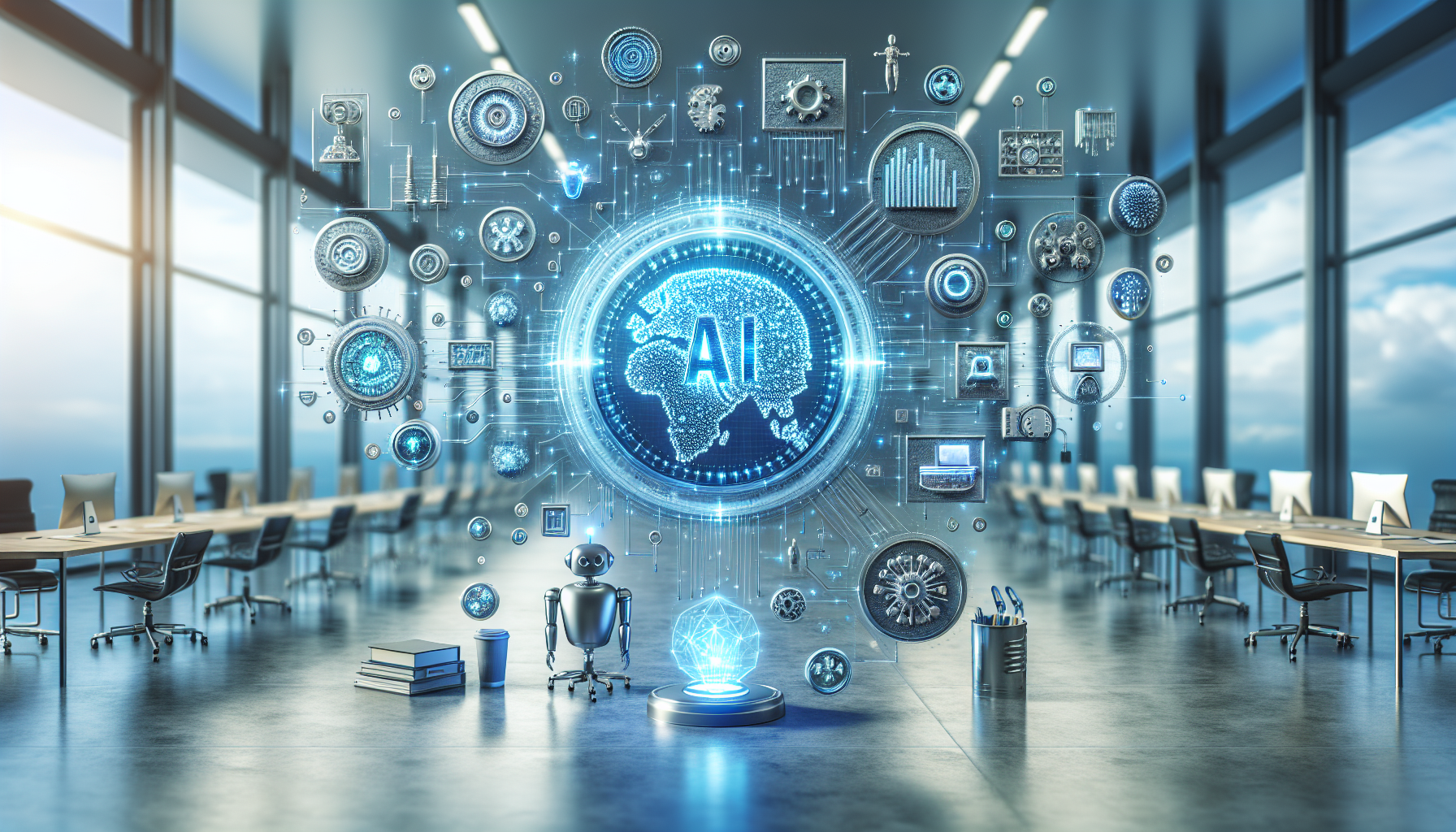
AI and Digital Marketing: Predictive Personalization Strategies for the Future
April 17, 2025
Artificial intelligence is transforming digital marketing by evolving beyond simple automation to predictive personalization strategies that cater to individual consumer preferences. As AI technology advances, marketers increasingly leverage data-driven insights to craft hyper-targeted campaigns that anticipate consumer needs before they manifest. This shift not only enhances customer engagement but also redefines the way brands interact with their audiences.
The impact of AI on digital marketing is vast, with machine learning algorithms at the forefront of this transformation. These algorithms analyze vast datasets to uncover patterns and trends that are not immediately apparent to human analysts. By processing information related to user behavior, purchasing history, and even sentiment analysis from social media interactions, AI systems can predict future buying behaviors with remarkable accuracy. This predictive capability allows marketers to deliver personalized content and offers that resonate with individual consumers.
One lesser-known aspect of AI in digital marketing is the role of natural language processing (NLP) in understanding consumer sentiment. NLP enables machines to interpret human language, providing insights into consumer emotions and opinions. By analyzing customer reviews, feedback, and social media posts, marketers can gauge public sentiment toward their products and brands. This sentiment analysis empowers marketers to tailor their strategies to address specific customer concerns or capitalize on positive feedback, fostering stronger relationships with their audience.
Another area where AI is making significant strides is in programmatic advertising, which uses AI to automate the buying and selling of online ad space. This method allows for real-time bidding and placement of ads, optimizing the reach and efficiency of marketing campaigns. As AI continues to evolve, programmatic advertising is expected to become even more sophisticated, with algorithms capable of predicting the optimal times and platforms for ad placement based on consumer activity patterns.
AI-driven chatbots are also revolutionizing customer interaction. These intelligent virtual assistants provide instant responses to customer inquiries, enhancing user experience and satisfaction. Future iterations of chatbots are expected to become more adept at understanding nuanced questions and providing more relevant, context-aware responses. This evolution will likely lead to chatbots that not only assist with customer service but also proactively engage in upselling and cross-selling, further personalizing the consumer journey.
Moreover, AI's ability to integrate with other emerging technologies, such as augmented reality (AR) and virtual reality (VR), promises to take personalized marketing to new heights. Imagine a future where consumers can virtually try on clothes or visualize how furniture fits in their living space before making a purchase. Such immersive experiences will not only enhance engagement but also provide valuable data points for AI systems to refine personalization strategies further.
The ethical implications of AI-driven personalization strategies cannot be overlooked. As AI systems become more sophisticated, concerns about data privacy and consumer consent take center stage. Marketers must navigate these challenges by ensuring transparency and building trust with their audiences. The future of AI in digital marketing will likely involve a delicate balance between leveraging data to enhance personalization and respecting consumer privacy.
Looking ahead, the potential for AI to transform digital marketing appears limitless. As algorithms become more advanced, the line between human intuition and machine prediction will blur, leading to marketing strategies that are not only reactive but also anticipatory. Brands that embrace these technologies will be better positioned to connect with consumers on a deeper level, fostering loyalty and driving growth.
Will the rise of AI in digital marketing lead to a future where human creativity takes a back seat to machine-driven strategies, or will it inspire a new era of innovation where technology and creativity thrive in harmony? As we continue to explore the capabilities of AI, this question remains at the heart of the evolving relationship between technology and marketing.


